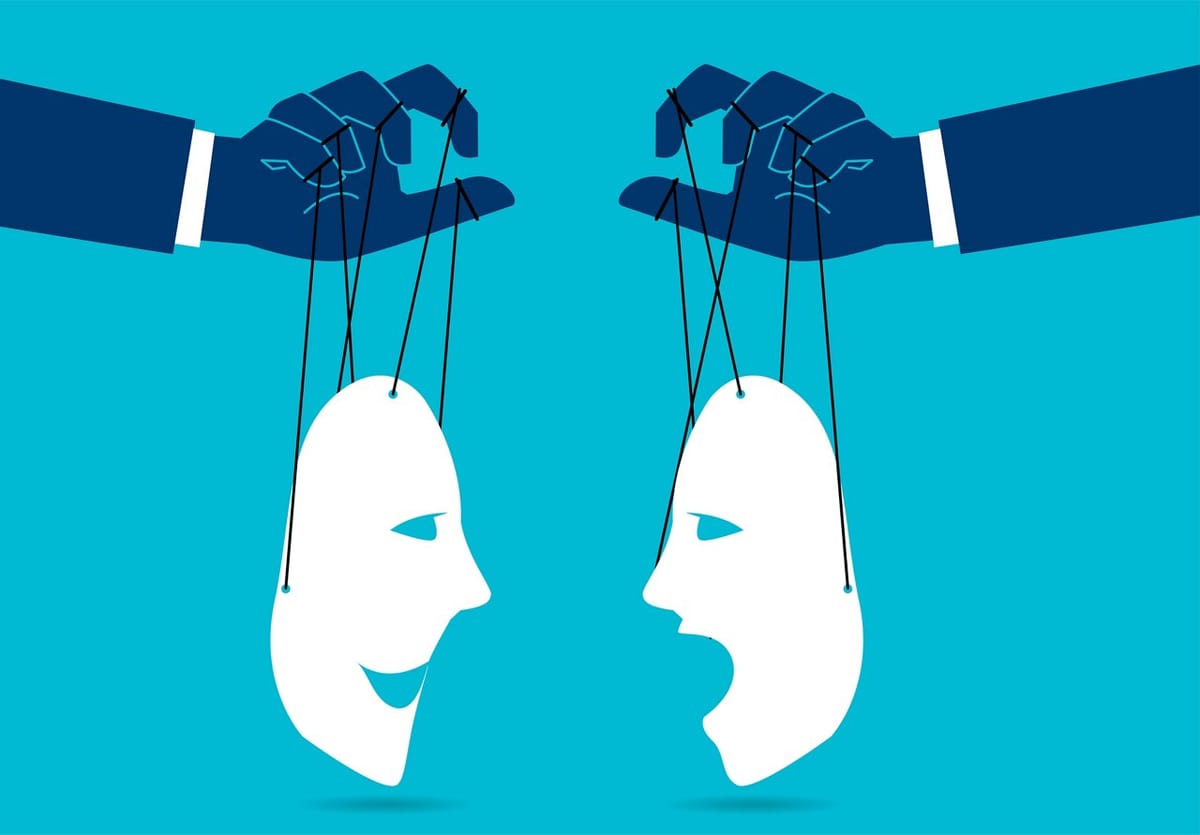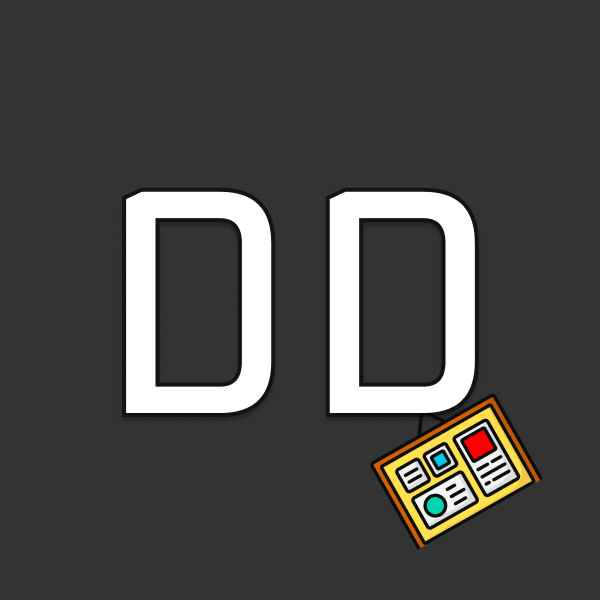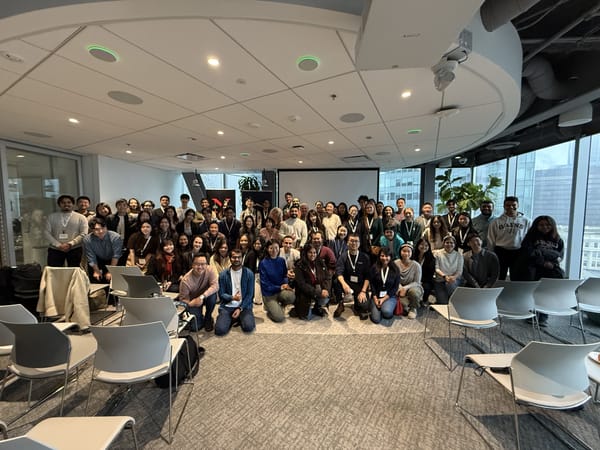The Challenges of Imposter Syndrome as a PM

If you ask any PM (product manager) in the tech industry — no matter what company or product, chances are that they’ll agree that imposter syndrome is real. We could honestly just dub it the “PM Imposter Syndrome”: the condition of feeling anxious or internally unsuccessful due to any lack of “building the product” within a product team, even if the team itself is successful. The fact that we do a lot of "Epic/story writing" and "roadmap building" doesn't exactly make the situation better. I once had a senior PM tell me that as much as 50% of written epics and PRDs never actually make it to production. Obviously the number can be subjective, so take it with a grain of salt.
I will call out that from experience and from speaking with others, imposter syndrome tends to happen more frequently in larger tech teams, and perhaps lesser in lean start-ups, since start-up PMs may probably work on tasks that do achieve immediate value. Of course, every situation is nuanced, so that doesn't necessarily hold true all the time.

So why do we feel this way?
Engineers code. Designers design. Neither of which are what PMs usually do to help build the product. We don’t exactly “build.”
Not much needs to be said about why imposter syndrome is real. Yes, we have our own tasks: writing requirement docs and stories, drawing wireframes, creating and triaging tickets, market researching, determining product strategies, and driving cross-functional meetings to get work done.
But none have their own visible “value.” In fact, most if not all of our tasks have no immediate value or tangible worth. Ironically, this doesn’t change the fact that PMs will almost always be occupied and stressed with their work. There will always be pressure from higher-ups to ship and achieve business objectives. If the product doesn’t meet expectations, PMs are the front line taking the blame.
This begs the question: Why do PMs feel like they’re doing nothing despite being held responsible?
The answer (from my experience) lies within the nature of the role itself. We still help triage and prioritize the work needed to achieve objectives and make the product experience better. Additionally, if there’s anyone who’s responsible for discovering the next viable problem to solve, it’s also us. Many of these tasks don’t affect the process of product development directly, so of course it feels like we’re doing nothing. Yet, because we’re still responsible for answering the “why do we need this” for the team, PMs are the face of the product and should take the blame if things go south.
How can we beat imposter syndrome?
There are 5 ways you can both mentally and realistically beat it:
Bring clarity to your own work first.
As a PM in your team, jot down the main areas of the company or product which you help “own.” Basically, which features or scenarios are you a PM for? Next, describe the business objectives (in both qualitative and quantitative forms if possible) for each of your areas which you must help achieve. Now, tell yourself that your team members wouldn’t be able to achieve those said objectives without you by their side. Bring these areas to your boss and ask them how you can better link your business objectives to your work to beat imposter syndrome. Don’t be shy —remember that they’ve also been in your shoes before.
It all starts with the product success metrics, and you driving towards them.
Nothing beats driving your product to success; it's why PMs were even hired in the first place. Establish KRs (key results) for your product if your team/company doesn't already have OKRs established. Those are your north stars, and remember: no matter what activities or responsibilities you perform as a PM, you're ultimately responsible to drive that product to success. Do everything you can to help achieve those goals. Even if you suffer from imposter syndrome regarding the everyday tasks that seem low in value, think: Will what I'm doing help contribute to my product's ultimate success? If the answer is probably, then you have a clear path to trek down. After all - if the answer was always yes to everything you did, the ambiguity of being a PM would dissipate, thus mitigating the opportunities for them to make hard decisions in times of adversity. And if that happened, the (God forbid) value of one might be even harder to notice.
Start writing more curated content for everyone.
One interesting trick I learned at Microsoft is that it can be pretty easy to produce content related to your industry or product. Start a newsletter for external or internal customers, write blogs that highlight product releases or customer feedback, or even consolidate info across teams in weekly Slack/Teams updates. Producing and sharing content makes it feel more like you’re “creating” something of value, just like building a product.
Don’t be scared to be more “outward” facing.
Talking to customers and collecting their valuable feedback is a fantastic way to beat imposter syndrome, since you’re collecting indispensable information about your product which could improve revenue or engagement by x-fold. As you gain more experience in product management, you’ll learn new tricks when performing discovery work and feedback collection, making you as an employee more valuable as well for both your knowledge AND your experience. One of my favorite things to do is obviously get myself involved in customer calls and demos as much as I can - nothing beats imposter syndrome like watching your customers play with your product and either comment on its value, or provide useful feedback for you to bear the responsibility of translating into roadmap requirements.
Ask a coworker if they felt your impact.
Don’t be afraid — the stigma of “PMs not doing anything” is long gone. From my experience, coworkers give thoughtful answers, and can pinpoint exact parts where they feel like you’re delivering impact. If not, this is the perfect time to collect feedback on yourself as a PM.
Let’s beat imposter syndrome together.
About Me
My name is Kasey, AKA J.X. Fu (pen name). I’m passionate about (you guessed it) writing.
Follow me on Medium for more writing, product, gaming, productivity, and job-hunting tips! Check out my website and my Linktree, and add me on LinkedIn or Twitter, telling me you saw my articles!





